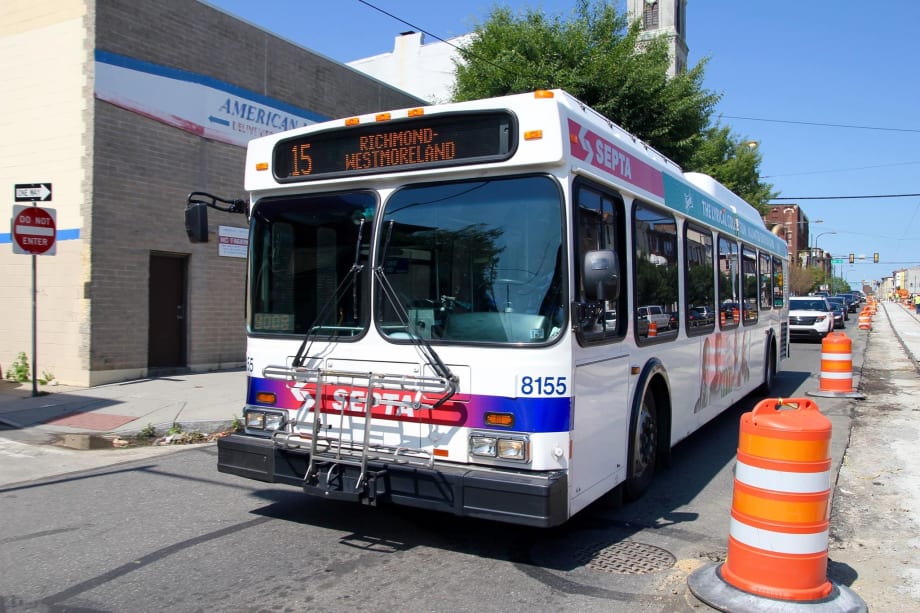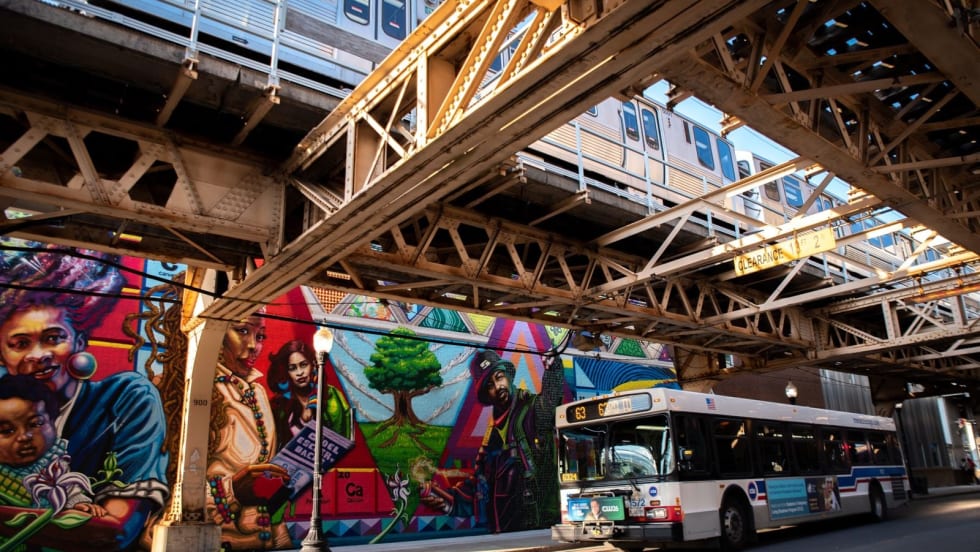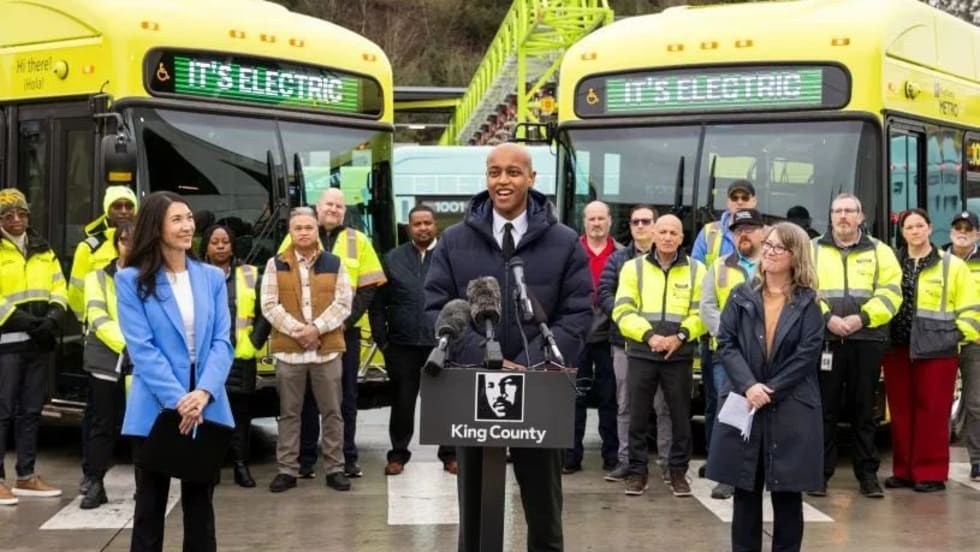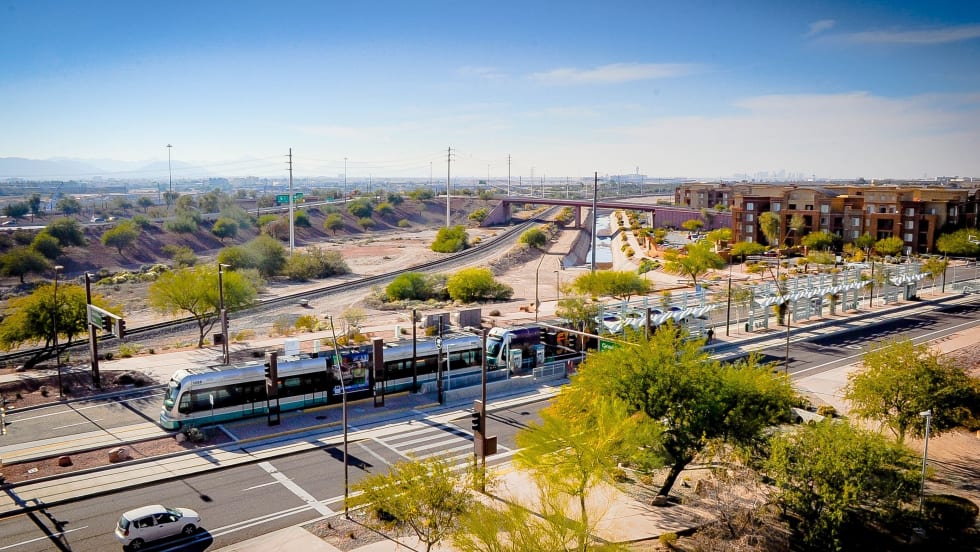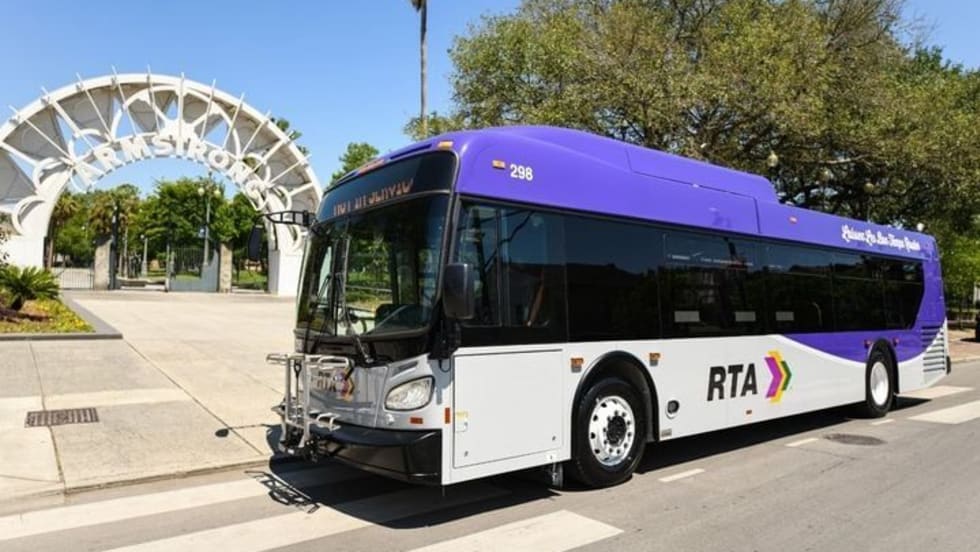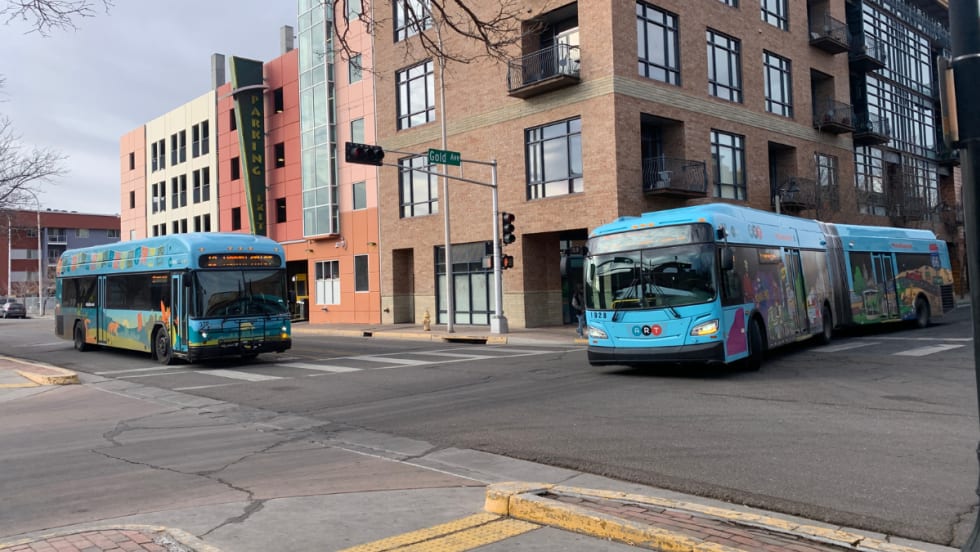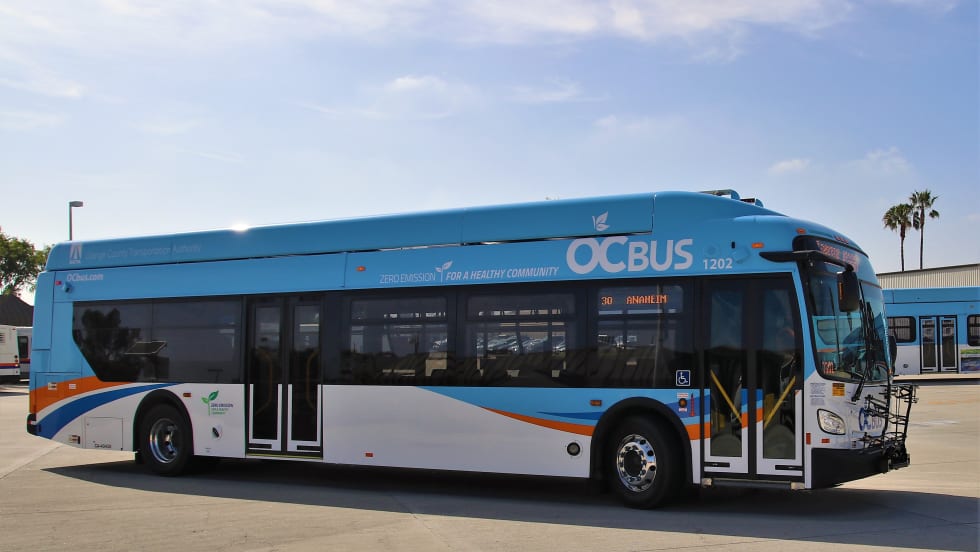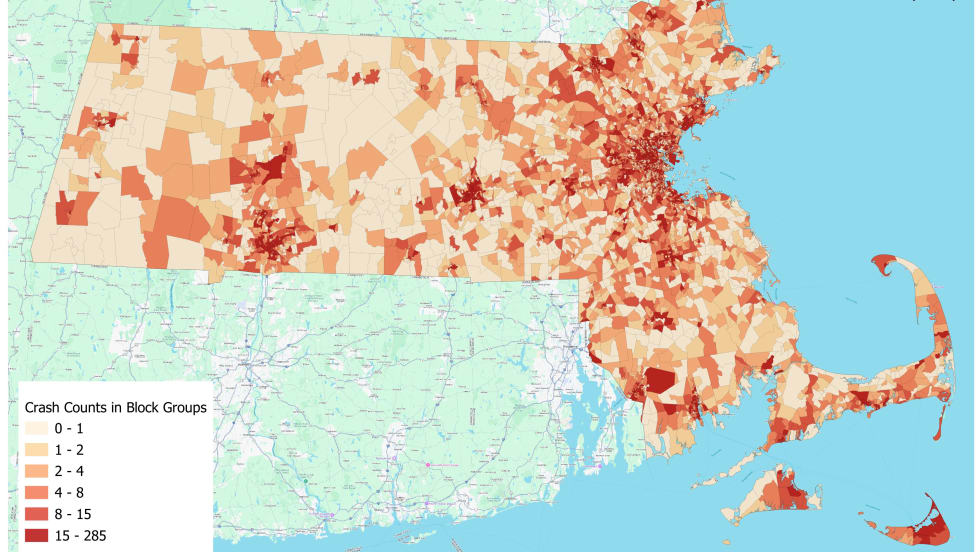Philadelphia’s SEPTA officially retired its last bus fully powered by diesel fuel reinforcing the authority’s commitment to the environment and a sustainable public transportation system.
With the retirement of the diesel buses, the authority transitions to a fleet comprised entirely of state-of-the-art electric and hybrid models.
The significant milestone marks a decisive step toward a zero-emission future, setting a new standard for eco-friendly public transportation in southeastern Pennsylvania.
“We are thrilled to announce the retirement of our last diesel bus, marking a historic moment for SEPTA and the communities we serve,” said Leslie S. Richards, SEPTA CEO/GM. “This transition underscores our dedication to sustainability and aligns with our mission of connecting people with opportunity, catalyzing the economy and sustaining our environment.”
SEPTA’s Steps to Electrification
SEPTA’s fleet of 1,379 buses and trackless trolley buses are now either electric or hybrid electric and offer increased energy efficiency and lower maintenance costs compared to traditional diesel counterparts.
The vehicles are equipped with advanced features such as regenerative braking and onboard energy storage systems.
“The move to a 100% electric and hybrid fleet not only benefits the environment but also enhances the overall passenger experience with quieter, smoother rides and reduced vibration,” said Emily Yates, SEPTA’s chief innovation officer.
Sustainability Playbook
SEPTA recently released its third generation SEPTA Sustainability Playbook, which aims to build on prior successes and achieve ambitious targets by 2030.
Highlights include:
Transitioning both revenue and non-revenue fleet vehicles to zero emissions.
Developing a Climate Resiliency and Adaptation Playbook to identify systems susceptible to the effects of climate change and adaptation measures to mitigate risks.
Developing a Stormwater Master Plan to address environmental protection, water quality, flood prevention, erosion control, and resilience to climate change
The Sustainability Playbook builds on the SEP-TAINABLE 2020 plan and provides a new seven-year plan to maximize sustainability impact on our business practices, systems, equipment, and facilities.




